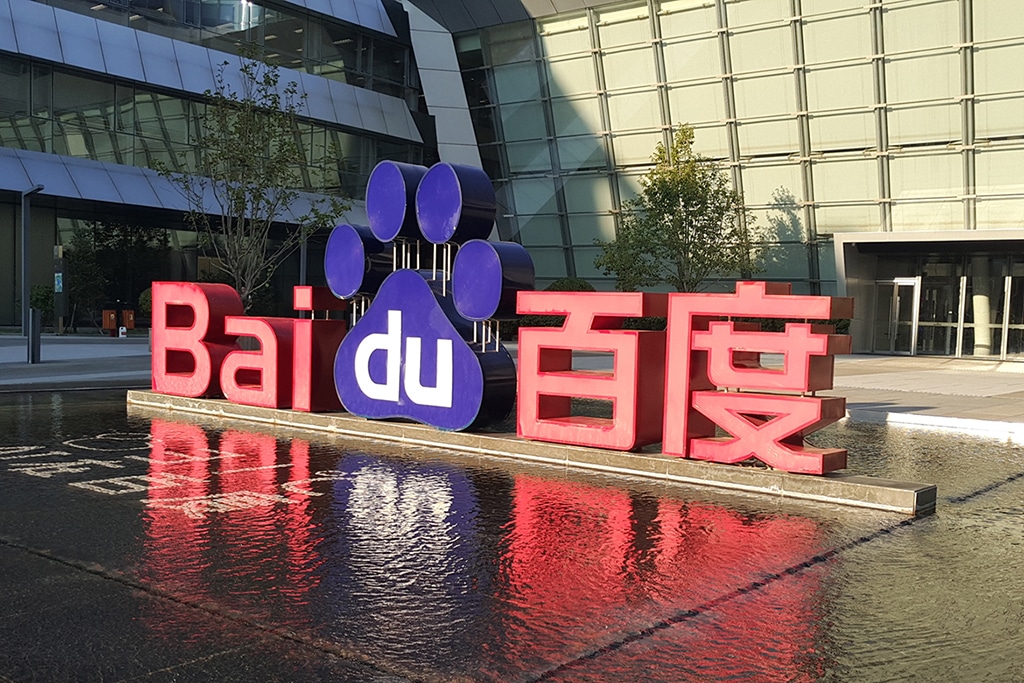Despite the semiconductor chip shipment restriction, the company’s executive said a significant percentage of Baidu’s AI Cloud business does not rely on advanced chips.
Baidu, the Chinese multinational internet company, expects the US chip sanction to have a “limited” impact on its business. The company’s executive vice president and head of AI Cloud Group made the statement during the Q&A session of its Q3 earnings call. Dou Shen said the current chip sales restriction would only have a limited effect on Baidu in the near term.
On the 7th of October, the Bureau of Industry and Security of the US Department of Commerce announced new updates on expert controls. The Department prohibited American businesses from selling semiconductors and chipmaking equipment to chip manufacturers in China. According to the press release, the development is part of the Bureau’s effort to protect national security and foreign policy interests. Hence, the People’s Republic of China has limited access to advanced computing chips, supercomputers, and advanced semiconductors, which the Commerce Department believes are “used by the PRC to product advanced military systems including weapons of mass destruction; improve the speed and accuracy of its military decision making, planning, and logistics, as well as of its autonomous military systems; and commit human rights abuses.”
Notably, the US government rolled out the constraint shortly after president Joe Biden’s hint. The US president had announced that there would be stricter fuels on semiconductor and chipmaking tools shipments to China. At the time, the Department of Commerce had ordered three companies to halt China shipments. The companies were KLA Corporation (NASDAQ: KLAC), Lam Research Corp (NASDAQ: LRCX), and Applied Material Inc.
Baidu Expects ‘Limited’ Impact from US Chip Curbs
Despite the semiconductor chip shipment restriction, Shen said a significant percentage of Baidu’s AI Cloud business does not rely on advanced chips. He added:
“…For the part of our businesses that need advanced chips, we have already stocked enough in hand, actually, to support our business in the near term. Certainly, there were some alternatives to the restricted chips. And we have the technology to use these alternatives to achieve or most of the same effectiveness and efficiency in our AI Cloud and wider AI businesses.”
The executive further said that in-vehicle computing is not affected in the near future as automotive chips are not on the prohibited list. Also, Shen referred to Baidu’s AI chip Kunlun which was launched last year. He revealed that Kunlun is already in use for some large-scale AI-computing tasks internally. The AI chip also serves external customers. As a matter of fact, the executive vice president believes that the US chip sanctions possess some opportunities for Baidu. He said the company would be able to focus on Kunlun AI chip and its AI business.
“Instead, we think it creates some good market opportunities for the Chinese chip companies,” added he.
Read more business news on our website.
